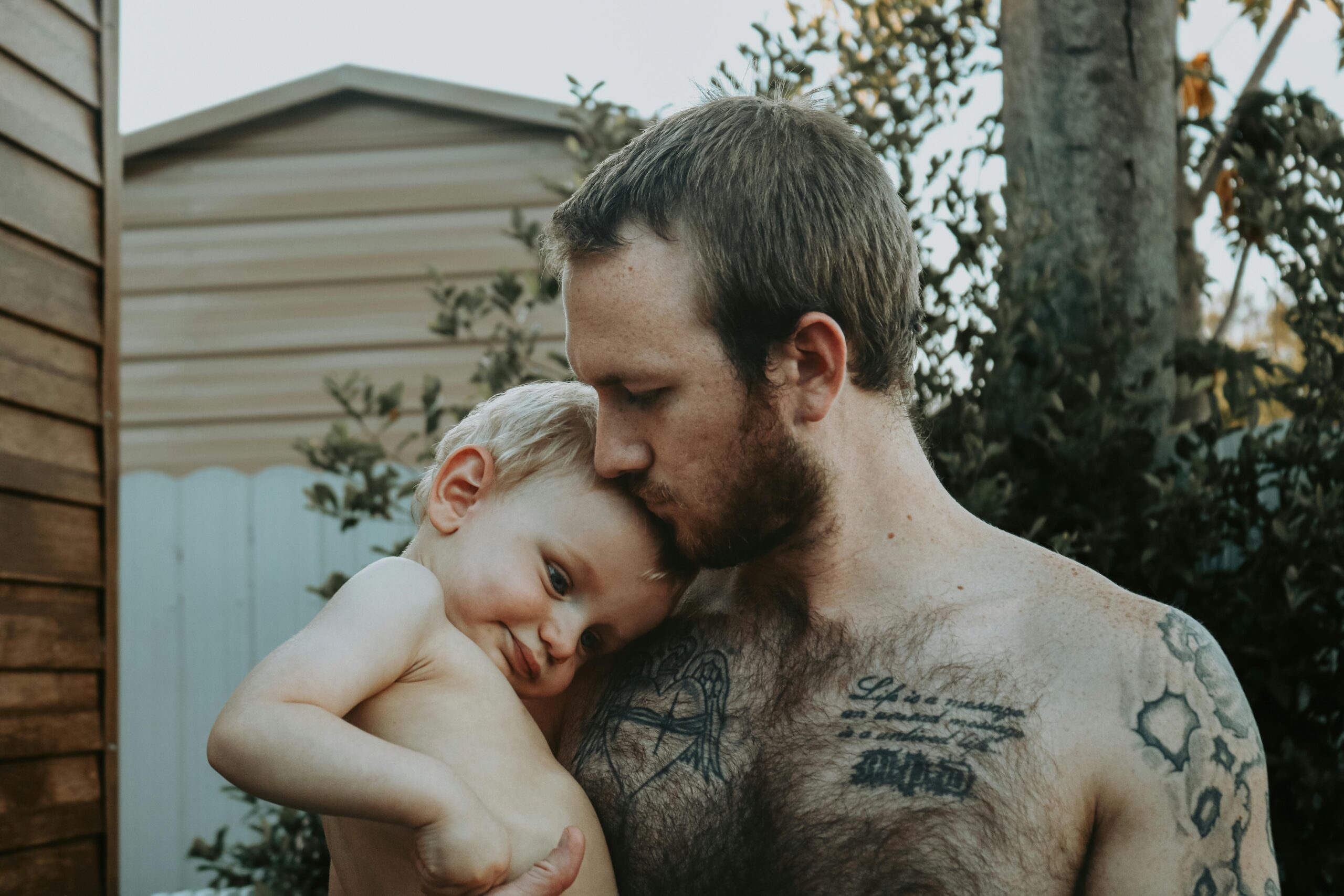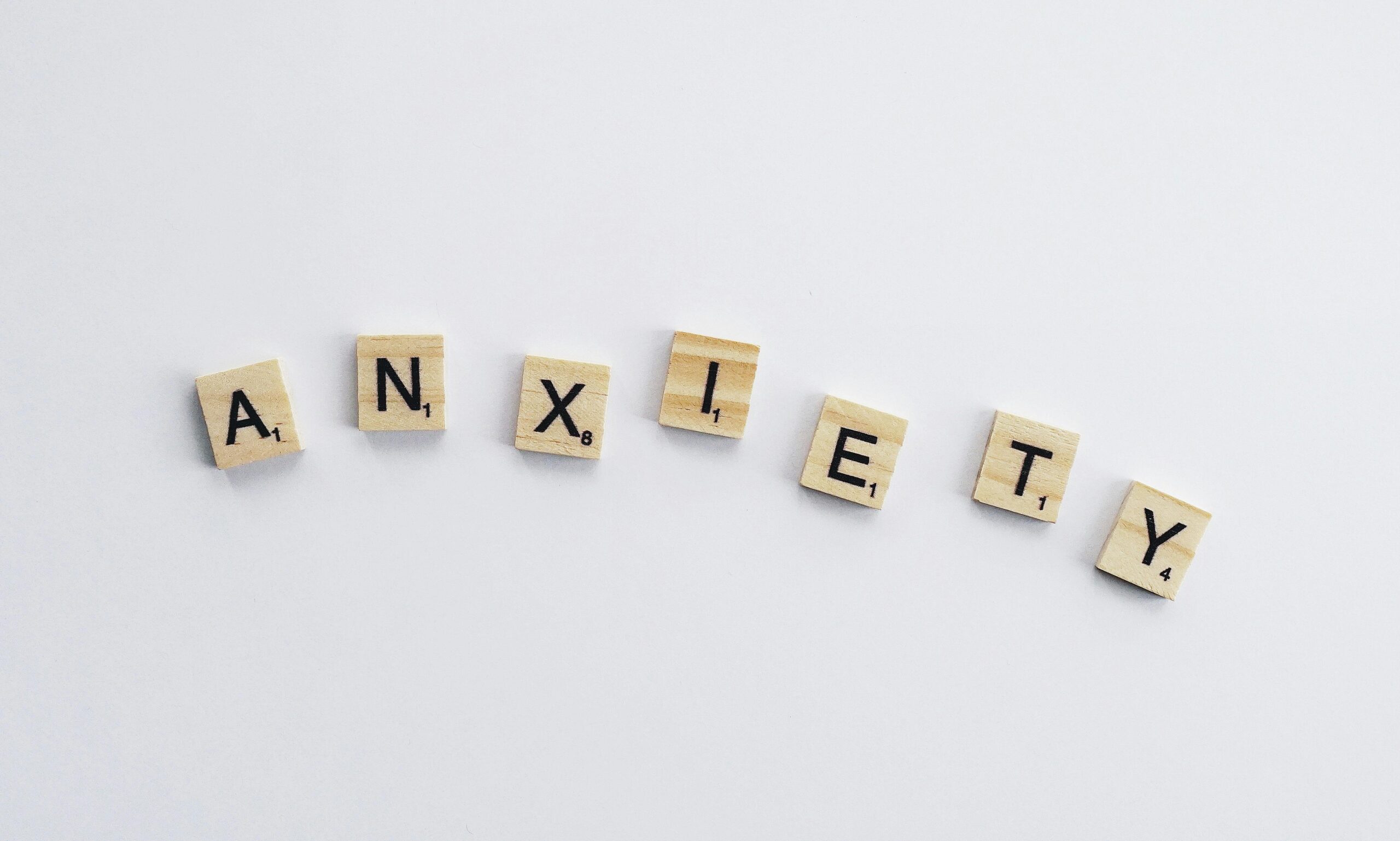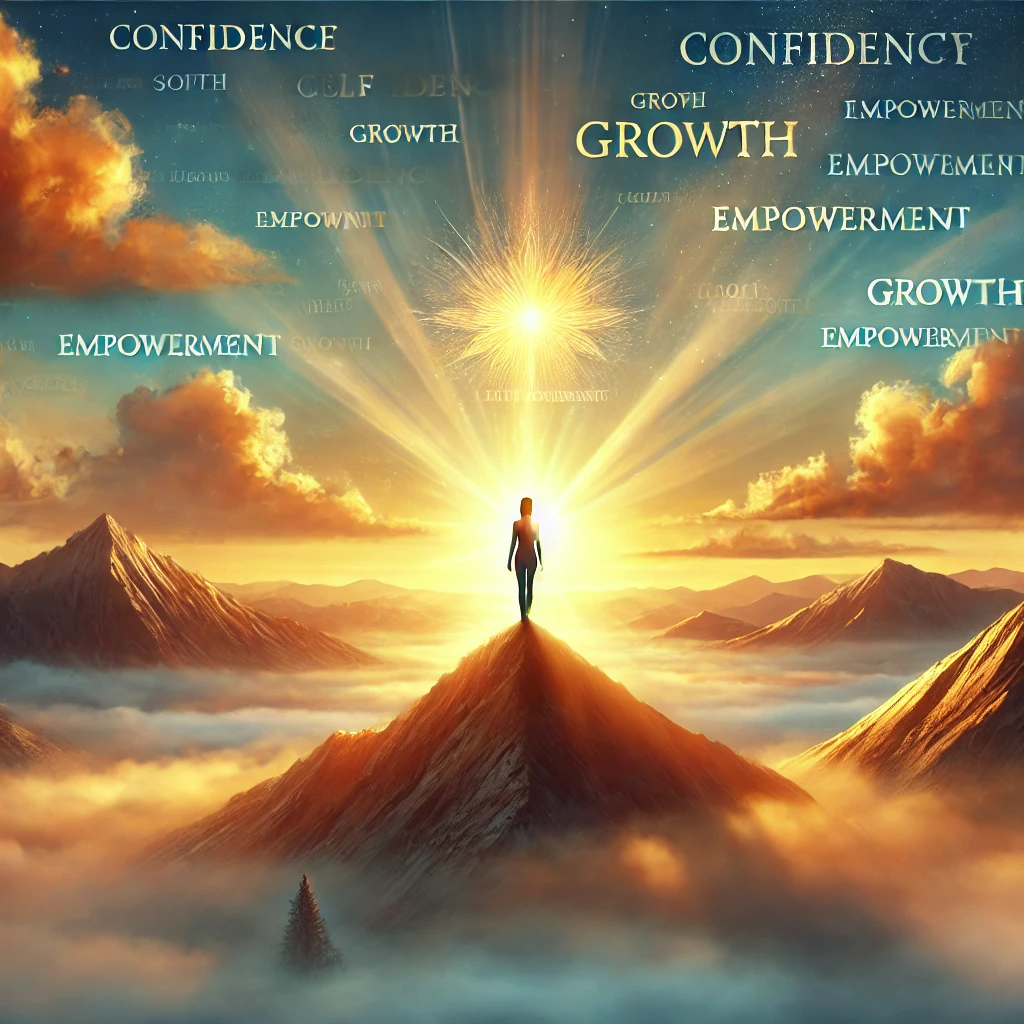

Trauma can profoundly impact our mental, emotional, and physical well-being. Whether it stems from a single life-altering event or accumulated experiences, trauma can leave us feeling stuck, overwhelmed, or disconnected. Healing is a journey that requires courage, intention, and a willingness to explore new approaches. Here are the essential first steps to start the process of healing trauma and reclaiming your life.
Healing begins with acknowledging that trauma has occurred and that your feelings about it are valid. Many people minimize or dismiss their experiences, thinking, “It wasn’t that bad” or “Others have it worse.” However, comparing your pain to others’ or ignoring it only delays the healing process.
Understanding what trauma is and how it affects the brain and body can empower you. Trauma is not just “all in your head”; it’s a physiological response that affects your nervous system, emotions, and thought patterns. Knowing this can help you approach your healing with self-compassion.
Before delving into the deeper layers of trauma, it’s essential to establish a sense of safety. This includes physical safety, emotional security, and the ability to regulate overwhelming feelings. Creating a stable foundation helps ensure that the healing process doesn’t retraumatize you.
While self-help is valuable, healing trauma often requires guidance from a qualified professional. Therapists, counselors, and trauma coaches trained in trauma-informed care can provide tools and a safe space to process your experiences.
Trauma often disrupts our ability to care for ourselves. Rebuilding this connection starts with small, manageable steps toward self-care. Nourishing your body, mind, and soul creates the conditions for healing.
Trauma often causes a disconnection between the mind and body. Practices that help you tune into your physical sensations can foster healing and a sense of control.
Trauma can leave us with limiting beliefs about ourselves and the world, such as “I’m not good enough” or “I’ll never feel safe again.” Identifying and challenging these beliefs is a crucial step in reclaiming your power.
Creative activities can help process trauma in non-verbal ways. Art, music, and writing can bypass the logical mind and access deeper emotional layers.
Surrounding yourself with understanding and encouraging people can make a world of difference. Community and connection are vital to the healing process.
Healing is not linear, and it’s important to give yourself permission to move at your own pace. Celebrate small victories and remember that setbacks are part of the process.
The journey to heal trauma is deeply personal and unique to each individual. By taking these first steps, you’re creating a foundation for growth, resilience, and transformation. Remember, you don’t have to navigate this path alone—support is available, and you are deserving of healing. Begin today with small actions, and over time, you’ll discover the strength and freedom that lies within you.
If you need more personalized 1 on 1 support, consider hiring me, a life coach and energy healer with over 20 years of experience. I have helped hundreds of people around the world on their road to recovery. You can book a session here.







Feeling Stuck in Life? Here’s How to Break Free and Move Forward At some point, almost everyone experiences the feeling

Trauma can profoundly impact our mental, emotional, and physical well-being. Whether it stems from a single life-altering event or accumulated

Anxiety and depression can cast dark shadows, making it hard to see a way forward. But there’s one light that

6 Things People Don’t Know About Anxiety (And How Energy Healing Can Help) Anxiety is one of the most common